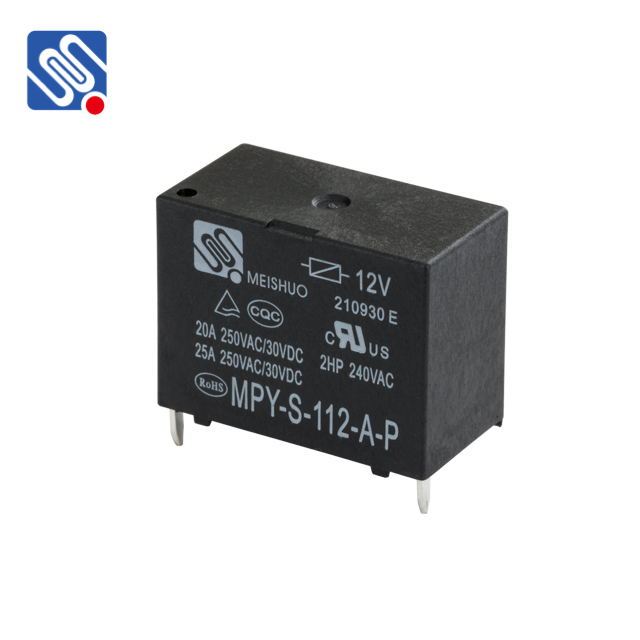Relays are essential components in electrical and electronic systems, offering a means of controlling high-power circuits using low-power signals. One of the critical specifications of a relay is its voltage rating, which determines how safely and effectively the relay can operate in various applications. Understanding relay voltage rating—comprising both coil and contact voltage ratings—is crucial for selecting the right relay for your project.

What is Relay Voltage Rating? Relay voltage rating refers to the voltages that a relay can handle safely without risking damage or malfunction. This rating consists of two main components: the coil voltage rating and the contact voltage rating. Coil Voltage Rating The coil voltage rating is the voltage required to energize the relay’s coil. When the appropriate voltage is applied to the coil, it creates a magnetic field that pulls in the armature, closing or opening the switch contacts. Coil voltage ratings typically come in standard values such as 5V, 12V, 24V, 48V, 110V, and 220V.